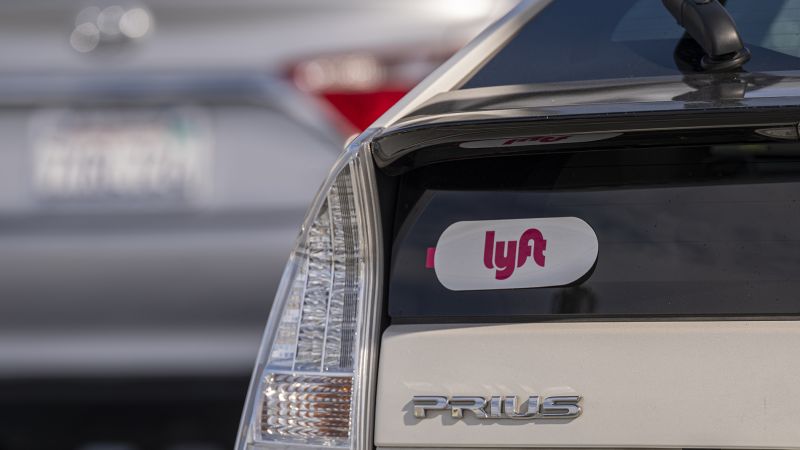- cross-posted to:
- technology@lemmit.online
- cross-posted to:
- technology@lemmit.online
Lyft is introducing a new feature that lets women and non-binary riders choose a preference to match with drivers of the same gender.
The ride-hailing company said it was a “highly requested feature” in a blog post Tuesday, saying the new feature allows women and non-binary people to “feel that much more confident” in using Lyft and also hopefully encourage more women to sign up to be drivers to access its “flexible earning opportunities.”
The service, called “Women+ Connect,” is rolling out in the coming months. Riders can turn on the option in the Lyft app, however the company warns that it’s not a guarantee that they’ll be matched with a women or non-binary person if one of those people aren’t nearby. Both the riders and drivers will need to opt-in to the feature for it work and riders must chose a gender for it to work.



It’s probably due to the saturation of how many male drivers Lyft has. It reports that only 23% are female. While it doesn’t say how many non-binary drivers there are, I doubt they make up more than a few percent. That puts men at ~75% driver share. So the chance of a a female rider, which according to Lyft are about half of their riders, being paired with is vastly smaller than a male rider getting a man.
0.5*0.75=0.375 chance for a man to get a male driver.
0.5*0.23=0.115 chance for a women to get a female driver.
While yes, you can abuse the system, you have to make a more conscious effort about being a “slimeball”. This isn’t necessarily a feature to prevent SH and SA, but more to make drivers and riders more comfortable.
Oh, and about the amount of code: it would be less code, as you do not need to filter and can just start a match-search.
Your calculations don’t hold up. If you get a driver from a 25/75 pool, you are 25 or 75 percent likely to get that gender as your driver, no matter your own gender. So this 0.5 times is not needed.
You seem to have misinterpreted what I was calculating.
The 0.5 is the gender of the user, which is important to calculate whether a user gets their own gender as a driver or not.